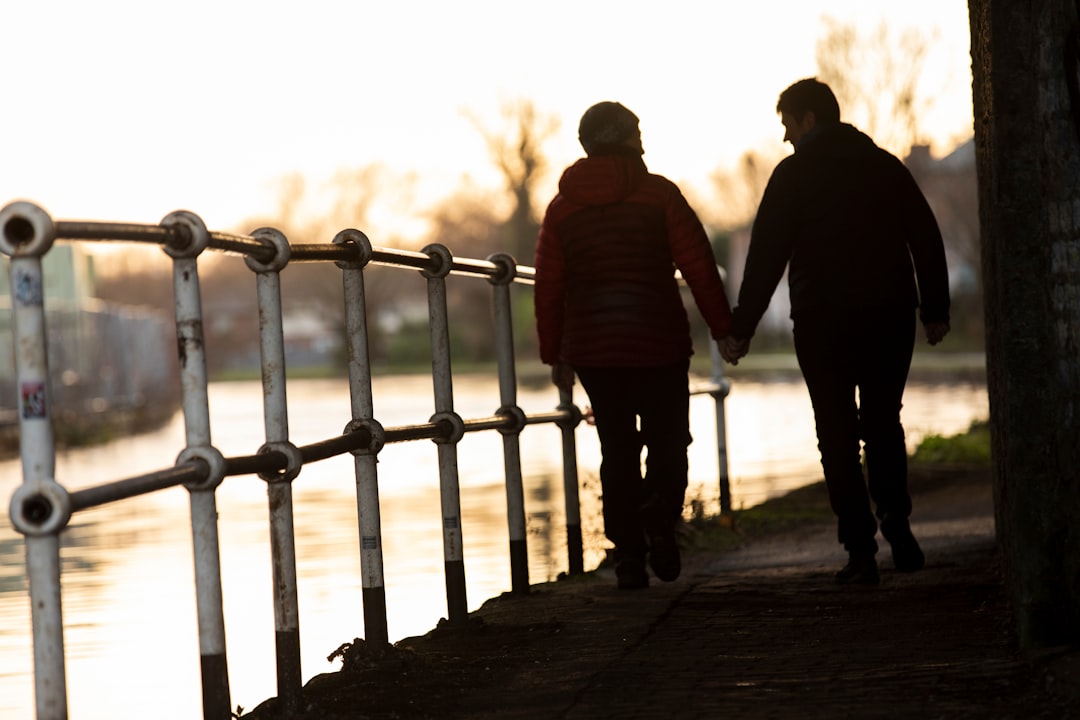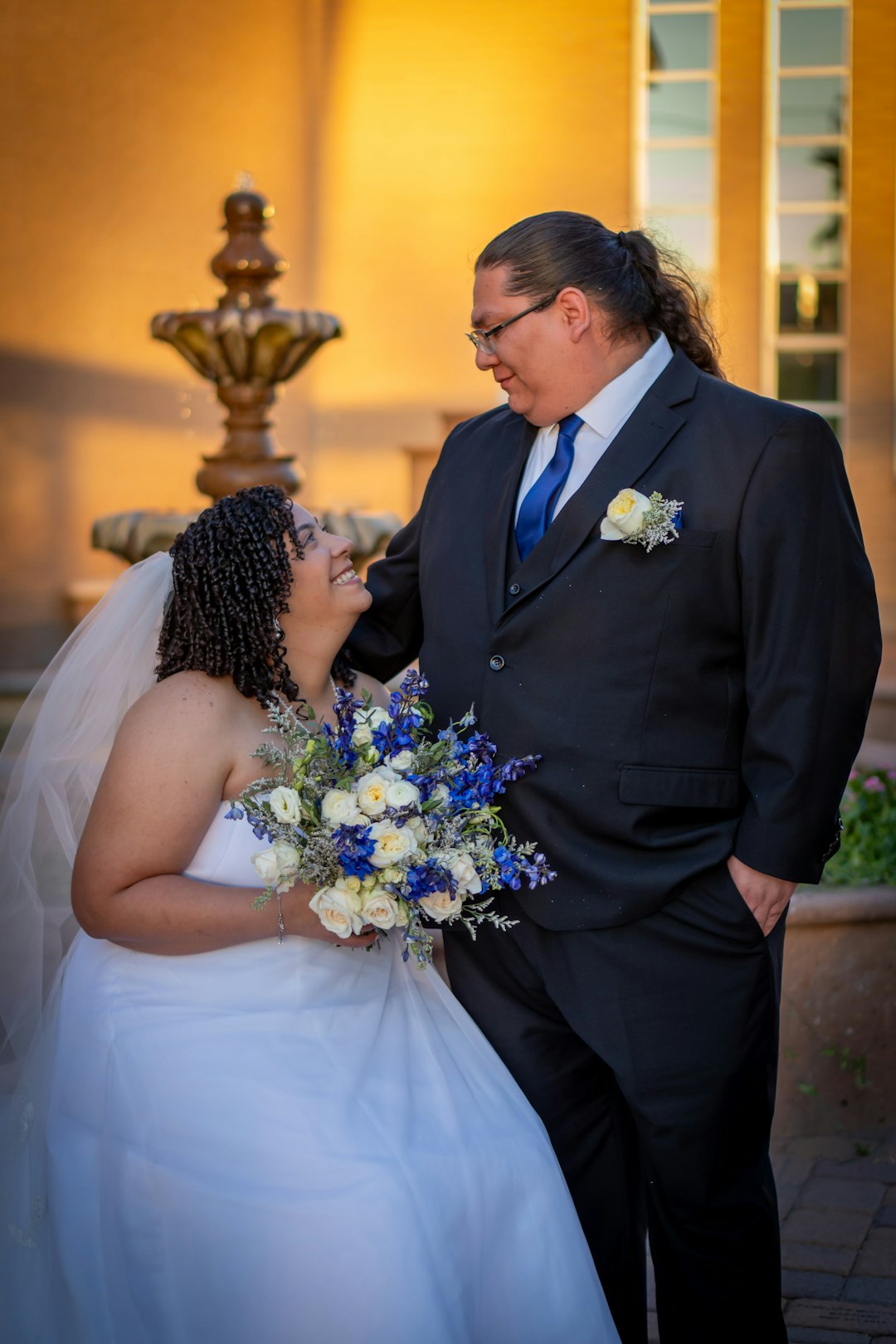Relationships are complex and require constant effort and communication to thrive. However, even the strongest relationships can face challenges and conflicts that can cause strain and distance between partners. In these situations, therapy can be a valuable tool to help couples heal and grow together.
While there are many different types of therapy available, one approach that has shown great success in helping couples is therapy focused on compassion and empathy. In this article, we will explore the benefits of this type of therapy and how it can help couples build stronger, more loving connections.
Understanding Compassion and Empathy in Relationships
Before diving into how therapy focused on compassion and empathy can help couples, it’s important to understand what these terms mean in the context of relationships.
Compassion is the ability to understand and empathize with someone else’s feelings and experiences. It involves being present and attentive to your partner’s emotions and responding with kindness and understanding.
Empathy, on the other hand, is the ability to put yourself in your partner’s shoes and truly understand their perspective. It involves actively listening and trying to see things from their point of view, even if you may not agree with it.
In a relationship, compassion and empathy are crucial for building a strong and healthy connection. They allow partners to feel heard, understood, and supported, which can lead to greater trust and intimacy.
The Importance of Healing Connections in Relationships
by BOUSBIA KADHEM (https://unsplash.com/@kad_bsb)
In any relationship, there will be moments of conflict and hurt feelings. However, it’s how couples handle these moments that can make or break their connection.
When conflicts arise, it’s important for partners to have the ability to repair and heal their connection. This involves acknowledging each other’s feelings, taking responsibility for their actions, and working towards a resolution together.
Therapy focused on compassion and empathy can help couples develop these skills and create a strong foundation for healing connections. By learning how to communicate with compassion and empathy, partners can navigate conflicts in a healthier and more productive way.
Love Therapy: Using Compassion and Empathy to Strengthen Relationships
Love therapy, also known as couples therapy, is a form of therapy that focuses on improving communication and connection between partners. It can be beneficial for couples at any stage of their relationship, whether they are just starting out or have been together for many years.
One of the key components of love therapy is using compassion and empathy to understand and support each other. This can involve learning how to communicate effectively, expressing emotions in a healthy way, and actively listening to your partner’s needs and concerns.
Through love therapy, couples can learn how to build a stronger, more loving connection by practicing compassion and empathy in their daily interactions.
How Therapy Focused on Compassion and Empathy Can Help Couples
Now that we have a better understanding of compassion and empathy in relationships, let’s explore how therapy focused on these principles can help couples grow and strengthen their connection.
Improved Communication
by freestocks (https://unsplash.com/@freestocks)
One of the main benefits of therapy focused on compassion and empathy is improved communication between partners. By learning how to communicate with compassion and empathy, couples can express their feelings and needs in a way that is more likely to be heard and understood by their partner.
This can lead to more productive and meaningful conversations, as well as a deeper understanding of each other’s perspectives. As a result, couples can build a stronger and more open line of communication, which is crucial for a healthy relationship.
Increased Intimacy and Trust
Compassion and empathy are essential for building trust and intimacy in a relationship. When partners feel heard, understood, and supported, they are more likely to open up and share their deepest thoughts and feelings.
Through therapy, couples can learn how to create a safe and supportive environment for each other, where they can express themselves without fear of judgment or rejection. This can lead to a deeper emotional connection and a stronger sense of trust between partners.
Resolving Conflicts in a Healthy Way
Conflicts are inevitable in any relationship, but it’s how couples handle them that can make all the difference. Therapy focused on compassion and empathy can help couples learn how to navigate conflicts in a healthier and more productive way.
By practicing active listening, understanding each other’s perspectives, and communicating with compassion, couples can work towards a resolution that satisfies both partners. This can lead to a stronger and more resilient relationship, as well as a deeper understanding of each other’s needs and boundaries.
Building a Strong Foundation for the Future
by Amy Harrison (https://unsplash.com/@amy_harrison)
Therapy focused on compassion and empathy can also help couples build a strong foundation for the future. By learning how to communicate and connect with each other in a healthy and supportive way, couples can create a solid base for their relationship to grow and thrive.
This can be especially beneficial for couples who are just starting out or going through a major life transition, such as getting married or having a child. By establishing healthy communication and connection habits early on, couples can set themselves up for a successful and fulfilling relationship in the long run.
How to Find a Therapist Who Focuses on Compassion and Empathy
If you and your partner are interested in trying therapy focused on compassion and empathy, it’s important to find a therapist who specializes in this approach. Here are a few tips for finding the right therapist for you:
- Ask for recommendations from friends or family who have had success with therapy.
- Look for therapists who have experience working with couples and using compassion and empathy in their practice.
- Research therapists online and read reviews from previous clients.
- Schedule a consultation with a few different therapists to see who you feel most comfortable with.
Remember, finding the right therapist is a personal decision, and it’s important to find someone who you and your partner feel comfortable opening up to and working with.
Conclusion
Therapy focused on compassion and empathy can be a powerful tool for couples looking to heal and grow together. By learning how to communicate and connect with each other in a healthy and supportive way, couples can build a stronger and more loving connection that can withstand any challenges that come their way.
If you and your partner are struggling in your relationship, consider seeking therapy focused on compassion and empathy. With the right therapist and a willingness to work together, you can create a stronger and more fulfilling relationship for the future.


























